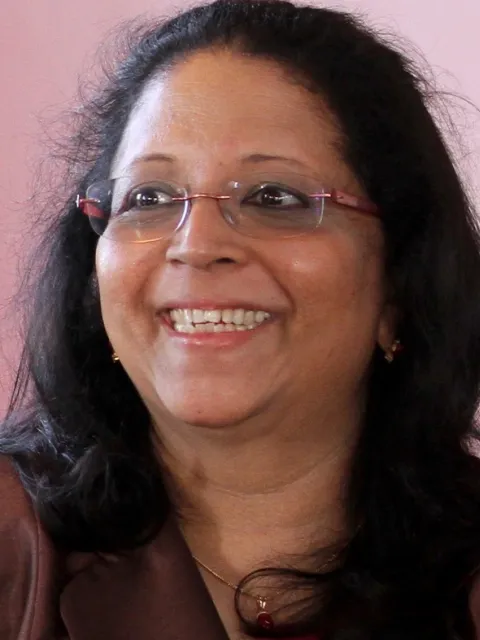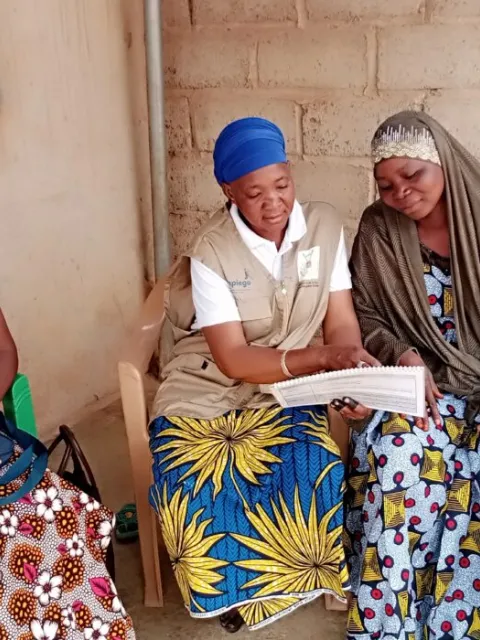Cervical Cancer: a violation of the human rights of women

Cervical cancer is a gendered disease. According to a report released by the World Health Organization in 2018, there were an estimated 570 000 women diagnosed with cervical cancer and 311,000 related deaths. More than 90% of cervical cancer mortality is in low- and mid-income countries.
This mortality could be reduced if every woman had the same human right to participate in screening programmes. Unfortunately, women in many societies worldwide are being marginalised due to their socio-economic status and therefore do not have access to these services. Research has shown that "less educated women, older women, uninsured women, homeless women, migrant women facing language barriers, women who have sex with women and obese women participate in Pap smears less frequently." [1]
Article 12 of the International Covenant on Economic, Social and Cultural Rights (ICESCR), ratified by 169 national governments or Member States of the United Nations, clearly outlines “the right of everyone to the enjoyment of the highest attainable standard of physical and mental health”. This of course encompasses women’s health and wellbeing, including sexual health, but these rights are not being realised in many countries.
As the world marks today the International Day for the Elimination of Violence Against Women, the discrimination and prejudice of which they are victims, often internalised by women themselves and with potentially deadly consequences, must be considered as a form of violence perpetrated against women – and it must end.
Actions needed to reduce cervical cancer risk
Cervical cancer is a highly preventable and treatable disease by vaccination against human papillomavirus (HPV), regular screening and early detection. It is thus most important to develop community campaigns on a national and local level tailored to the subgroups of women who are at highest risk and to reduce the existing gendered health inequalities that are present. Not only girls but boys as well as must be vaccinated against HPV so that they do not infect women with the virus. Education is key, as educated women and mothers then become the main drivers of change.
The measures mentioned above need to be integrated in the global strategy for cervical cancer elimination as part of the global commitment in the 2013–2020 Global Action Plan for the Prevention and Control of Noncommunicable Diseases
Role of the medical community
Top-down governmental or global approaches will not be successful in a sustainable way if it is not combined with successful bottom-up measures involving, for example, local medical communities and health experts. Often female physicians are trusted caregivers in their regions and are well-suited to spearhead and coordinate vaccination and screening programmes.
To facilitate this process, medical knowledge about cervical cancer combined with gender and human rights aspects need to be taught at medical schools and medical specialist training. International global networks of female physicians such as the Medical Women´s International Association (MWIA) should play a major role in this endeavor.
As a global society, we cannot continue with this human rights violation that contributes to women dying of a preventable and treatable disease. MWIA and UICC members need to join forces and to build upon civil society understanding and skills in tackling this issue.
______________________________________
[1] Branković, Ivan et al. “Applying a gender lens on human papillomavirus infection: cervical cancer screening, HPV DNA testing, and HPV vaccination.” International journal for equity in health vol. 12 14. 8 Feb. 2013, doi:10.1186/1475-9276-12-14
Last update
Monday 12 December 2022Share this page



